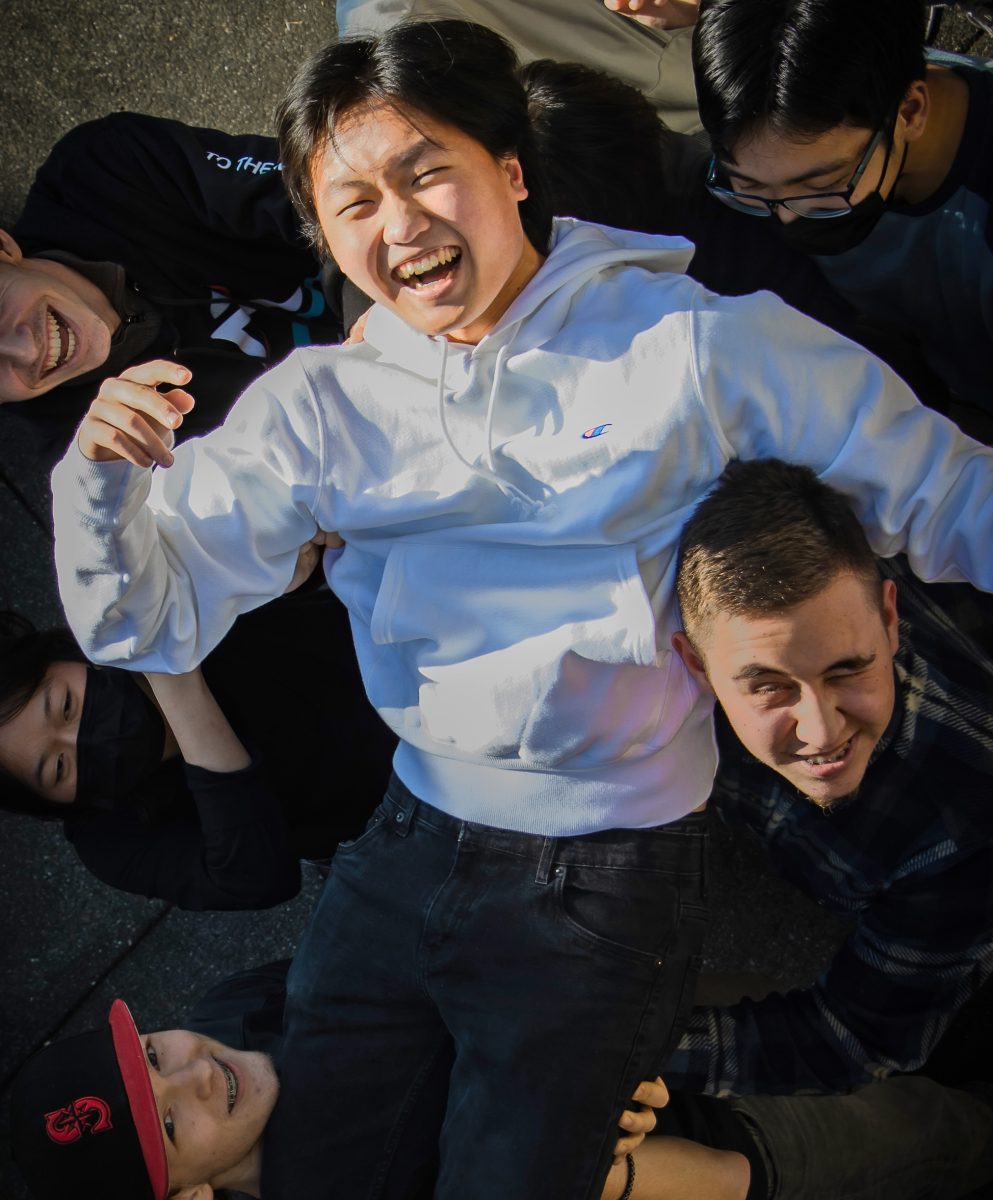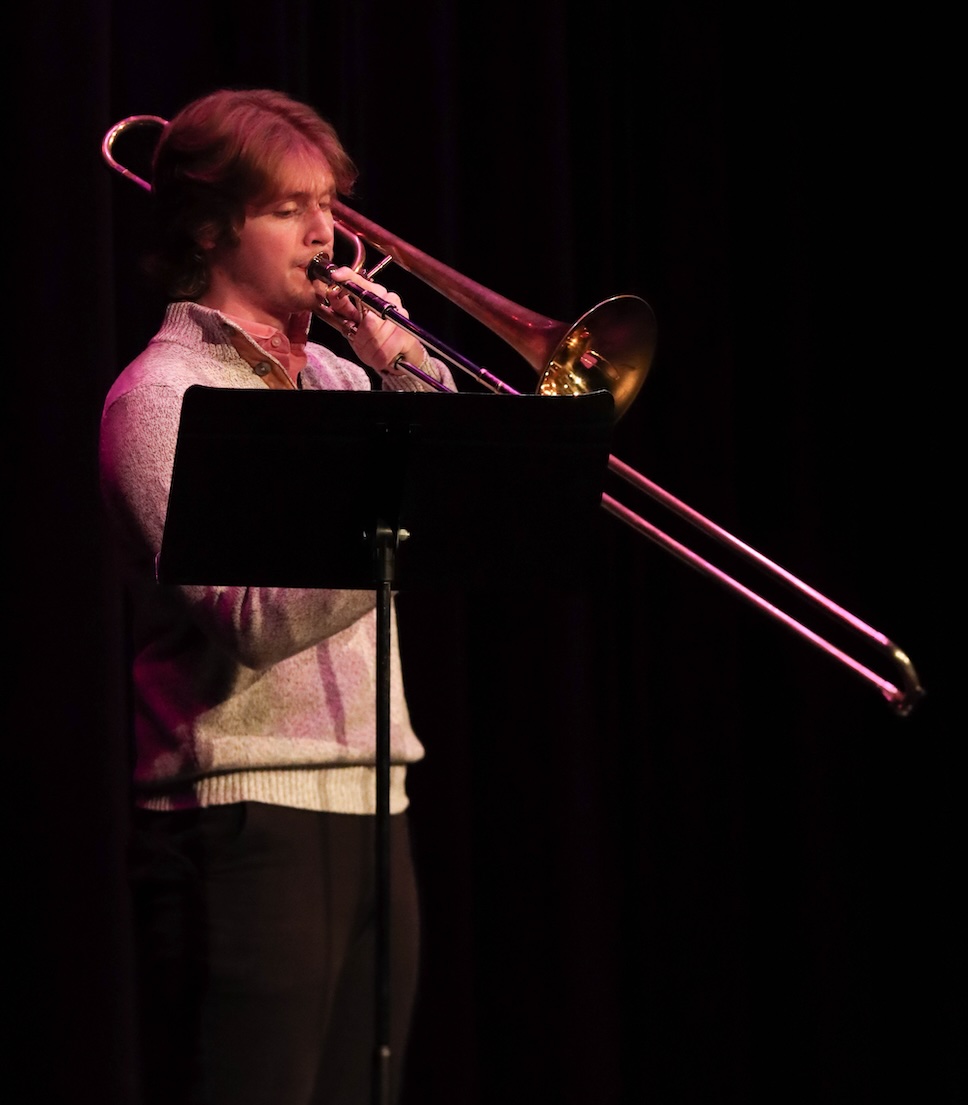1053 Approved
The Washington Supermajority Vote Required in State Legislature to Raise Taxes, or, stated more simply, Initiative 1053, won with 64.66 percent of the vote. According to the concise description on the ballot title, “This measure would restate existing statutory requirements that legislative actions raising taxes must be approved by two-thirds legislative majorities or receive voter approval, and that new or increased fees require majority legislative approval.” Filed by Tim Eyman with the help of Hillary Clinton, Pam Roach (state senator, R) and Janea Holmquist, they successfully won the initiative with thousands of more votes than needed.
This initiative is viewed as somewhat illegal by some because the Constitution says that legislation must be approved by a simple majority vote, and there is the chance that I-1053 would “allow for a small portion of the legislature to overthrow the majority.”
1098 Defeated
Known as the Washington Income Tax initiative, I-1098 was defeated with 64.45 percent of the vote. According to the Washington Secretary of State Hillary Clinton, “This measure would establish a tax on “adjusted gross income” (as determined under the federal internal revenue code) above $200,000 for individuals and $400,000 for married couples or domestic partners filing jointly; reduce the limit on statewide property taxes by 20%; and increase the business and occupation tax credit to $4,800. The tax revenues would replace revenues lost from the reduced levy and increased credit; remaining revenues would be directed to education and health services.”
Supporters of this initiative called their campaign ‘Yes on 1098’ and argued that it “Cuts your taxes plus funds education and healthcare.” Proposed by Bill Gates Sr., he believes that the gap between how much middle and lower class people pay and how much rich people are paying is too big, and he wants to even out that difference. As the fourth-highest donator, Gates Sr. gave $600,000, while the biggest donator, Service Employees International Union (WA) gave $1,590,344 towards the campaign.
The opposition towards this initiative named their campaign ‘Defeat 1098’. A former political appointee under George W. Bush and a public relations manager for Microsoft, Scott Stanzel, led the opposition campaign. According to him, “What is billed as a high-earners tax is simply a backdoor way of extending an income tax to all Washingtonians in the future.” People who are against I-1098 argue, “In the last twenty years, 100 percent of dedicated funding initiatives have been modified by Olympia.” Another concern for them is that Olympia has taken money from ‘dedicated’ funds and moved it to general funds 74 different times within the last ten years.
1100 Defeated
Modernize Washington and Washington Citizens for Liquor Reform filed the Washington Privatize Liquor Distribution initiative or, the ‘Costco Initiative’, 1100 for the November 2010 ballot, and was defeated with 53.21 percent. If this initiative had passed, the liquor control board (LCB) would have had to “close all the state liquor stores; terminate contracts with private stores selling liquor; and authorize the state to issue licenses that allow spirits (hard liquor) to be sold, distributed, and imported by private parties.” That means that retail stores, such as Costco, QFC, or Albertsons, could sell hard alcohol, and all the state liquor stores would be closed down. Costco was the largest supporter of this initiative, donating $3,549,300.
As it stands right now, the LCB “acts as the sole distributor and retailer of hard liquor. This means that the LCB purchases liquor directly from manufacturers or importers and distributes it to the 161 state-owned liquor stores and the 155 contract liquor stores via the state’s centralized distribution center.” If passed, I-1100 would have eliminated the three-tier system (selling alcohol from distributors to retailers to consumers), and the prices on alcohol would have been lowered.
According to the Washington Budget and Policy, “In fiscal year 2009, sales of alcoholic beverages generated about $333 million in revenue for Washington’s state and local governments. About 60 percent ($199 million) of these revenues were devoted to the state’s general fund, where they helped to fund education, health care, and other important services. Another 19 percent ($63 million) were used to fund services provided by cities and counties. The remaining $71 million in alcohol revenues supported a variety drug and alcohol abuse prevention programs, the state’s basic health program, research on alcohol abuse prevention conducted at the University of Washington, and other important programs.” The Office of Financial Management (OFM) released a financial impact report on August 11, 2010 saying that Washington “could lose hundreds of millions of dollars” over the next five years, but that both measures [I-1100 and I-1105] could increase liquor sales by about 5 percent.”
Supporters for this initiative argued that over the next five years an additional $100 million would be raised and that it would lower prices, cut government costs, and offer greater convenience.
The opposition campaign is called Keep Our Kids Safe and is made up of the United Food and Commercial Workers Union, the State Council of Firefighters and the Church Council of Greater Seattle. They argued that our “current regulations help keep liquor out of the hands of minors and also return a good profit to the state.” Small grocers say that this initiative would deregulate the sale of alcohol too much, removing numerous controls.
1105 Defeated
Just like I-1100, I-1105 dealt with the sale of alcohol, and was defeated with 64.51 percent of the vote. However, instead of eliminating the three-tier system, I-1105 would “expand it to include sales of hard liquor. The measure would retain the uniform price requirement… as a result, retail prices of alcoholic beverages would likely be higher and more uniform under I-1105 relative to what they would be under I-1100.
However, unlike I-1100, I-1105 prices liquor licenses based on the volume of liquor sold. I-1100, on the other hand, does not include price controls. This initiative had two main supporters, Young’s Market Company (CA) and Odom Southern Holdings. People who supported both I-1100 and I-1105 claimed that these initiatives would lower prices, improve convenience, and cut government costs.
‘Protect Our Communities’ was a coalition opposition to both I-1100 and I-1105 and consisted of the Washington Beer and Wine Association, and National Beer Wholesalers Association. Each of them contributed $1 million to the campaign in August. Their main argument is that it would be easier for minors to illegally purchase alcohol, resulting in more drunk driving incidents. They also argue that our state and local governments will lose millions in liquor tax revenue.












